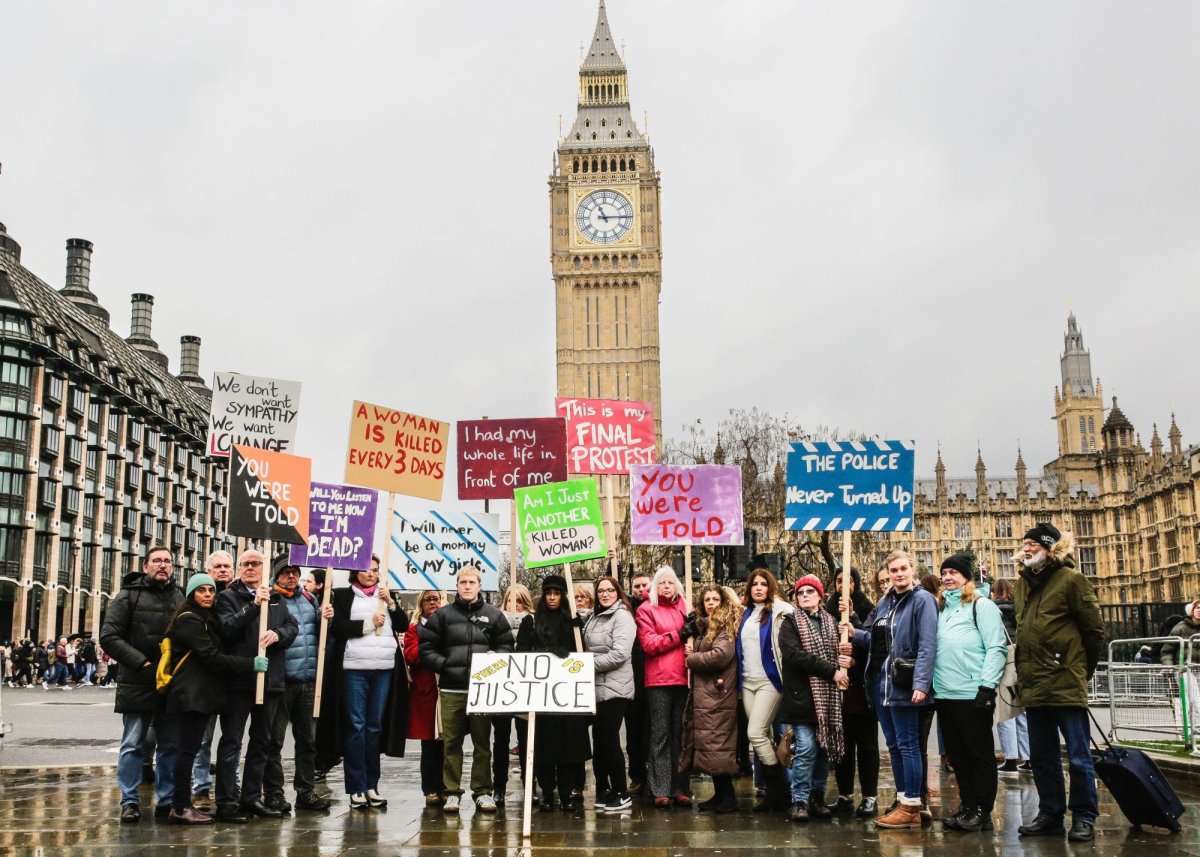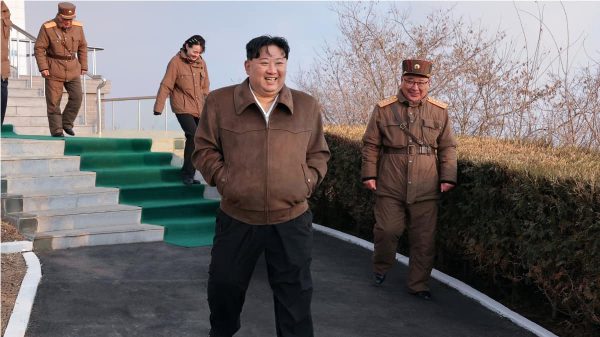Parliamentary Focus on Women’s Issues
MPs and campaigners have noted a significant shift in parliamentary discussions towards women’s issues, indicating a growing awareness and prioritization of topics that predominantly affect women.
Rising Awareness
An analysis of Hansard data reveals a notable increase in mentions of women’s issues such as sexual harassment, sexual violence, gender pay gap, women’s health, childcare, girls’ education, menopause, and birth trauma over the past decade.
- Sexual harassment mentions have risen from 76 times in the previous ten years to 880 times in the last decade.
- Menopause, for instance, has seen a surge in mentions from 84 times to 446 times over the same period.
Policy Impact
Some of these discussions have translated into tangible policy changes, such as the recent expansion of childcare provisions for eligible working parents.
Additionally, recent parliamentary decisions include new restrictions on sex offenders changing their names, calls for improved maternity and postnatal care, and a ban on MPs arrested in connection with sexual assault from the parliamentary estate.
Female Representation and Influence
The increase in female MPs, currently comprising 35% of the House of Commons, has played a crucial role in mainstreaming women’s issues and driving legislative changes.
Female MPs sharing personal experiences have been instrumental in enacting reforms, such as proxy voting for new parents and advocating for improved childcare policies.
Challenges and Progress
Despite progress, challenges remain in fully addressing gender inequalities and ensuring women’s voices are heard across all levels of governance.
While there have been positive steps in areas like gender pay gap reporting and flexible working, there is a call for further action and a cultural shift to prioritize women’s issues.
















































